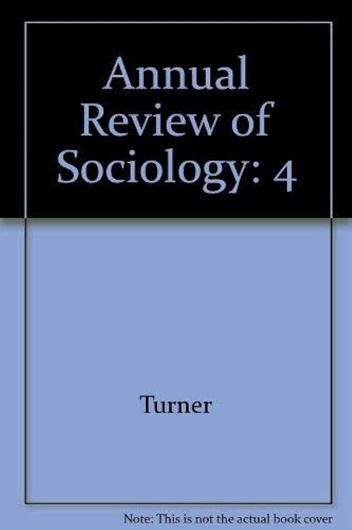解释发达国家的腐败:社会学方法的潜力
IF 9
1区 社会学
Q1 SOCIOLOGY
引用次数: 34
摘要
在发展中国家和发达国家,腐败已经在许多学科中进行了研究,特别是经济学和政治学,但社会学的贡献还有相当大的空间。已经有大量的跨国研究使用感知腐败指数,但腐败的秘密性质使得很难验证这些指数。更富有成效的是最近的调查,类似于对犯罪受害者的调查,调查对象被要求贿赂的经历。这项研究发现了许多规律,但对其中的因果机制的理解仍然粗略。从交换理论衍生出来的社会学概念,以及诸如新教信仰、广义信任和特殊信任以及教育水平等社会学变量,似乎是发达国家国家腐败率的重要预测因素,但其机制尚未得到很好的理解。我们认为,关注不同形式和背景的更集中和分类的研究,而不是……本文章由计算机程序翻译,如有差异,请以英文原文为准。
Explaining Corruption in the Developed World: The Potential of Sociological Approaches
Corruption, in both the developing and the developed world, has been studied in many disciplines, especially economics and politics, but there is considerable scope for a sociological contribution. There has been a large body of cross-national research using indices of perceived corruption, but the clandestine nature of corruption makes it difficult to validate these indices. More fruitful are recent surveys, similar to crime victimization surveys, of respondents' experiences of being asked for a bribe. This research has found many regularities, but understanding of the causal mechanisms involved remains sketchy. Sociological concepts derived from exchange theory, and sociological variables such as Protestantism, generalized and particularistic trust, and educational level appear to be important predictors of national rates of corruption in the developed world, but the mechanisms are not well understood. We argue that more focused and disaggregated research focusing on different forms and contexts, rather...
求助全文
通过发布文献求助,成功后即可免费获取论文全文。
去求助
来源期刊

Annual Review of Sociology
SOCIOLOGY-
CiteScore
18.70
自引率
1.90%
发文量
26
期刊介绍:
The Annual Review of Sociology, established in 1975, provides comprehensive coverage of significant developments in the field of sociology. The journal encompasses a wide range of topics, including major theoretical and methodological advancements, as well as current research across major subfields within sociology.
Topics Covered:
Social Processes
Institutions and Culture
Organizations
Political and Economic Sociology
Stratification
Demography
Urban Sociology
Social Policy
Historical Sociology
Major Developments in Sociology in Other Regions of the World
Content:
Review chapters within the journal typically delve into these topics, offering in-depth analyses and insights into various aspects of sociology. These chapters serve to provide readers with a comprehensive understanding of the field's current state and recent advancements.
 求助内容:
求助内容: 应助结果提醒方式:
应助结果提醒方式:


